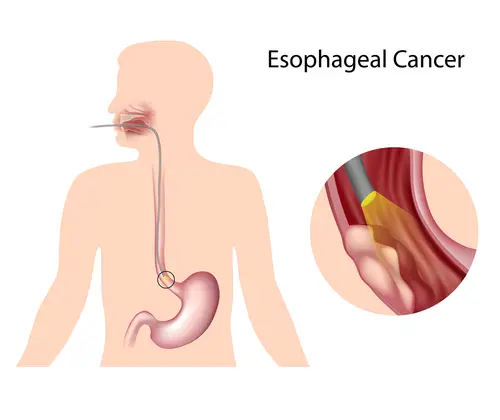According to the International Agency for Research on Cancer, which depends on the World Health Organization, drinking very hot beverages can cause cancer of the oesophagus.

The research carried out by 23 scientists shows that it is the temperature and the type of beverage that is responsible for the development of the disease, which is the eighth type of cancer that occurs most frequently in the world.
The results of the study are based on limited evidence, according to the authors, they are the result of the analysis of studies that linked to the study of hot beverages such as coffee or mate with oesophageal cancer.
Although smoking and drinking alcohol are the main causes of oesophageal cancer, especially in high-income countries, experts say it is important for the population to know that drinking very hot drinks is a risk.
In China, Iran, Turkey and South America traditionally drink tea and mate very hot, at about 70 degrees Celsius, a factor that increases the likelihood of developing oesophageal cancer, although it is unknown the proportion of cases of oesophageal cancer related to the hot drinks.
Smoking and drinking alcohol multiply the risk
Likewise, another study conducted in the scientific journal Annals of Internal Medicine, the risk of developing oesophageal cancer in regular consumers of alcohol and smokers, is greater when combined with the regular intake of coffee or very hot tea.
To consume alcohol in excess and combine it with the habit of consuming very hot drinks increases the risk of developing the disease up to five times.
The researchers, led by Dr. Canqing Yu of the National Natural Science Foundation of China, believe that very hot tea and coffee damage the mucosal lining of the throat and oesophagus, making it more vulnerable to the causative agents. cancer
How to detect oesophageal cancer?
The oesophagus is the tube that transports food from the mouth to the stomach. The symptoms of oesophageal cancer occur, in most cases, when the disease is already advanced and it is more difficult to treat.
Having Barrett’s syndrome increases the risk of developing oesophageal cancer and gastroesophageal reflux can turn into Barret’s syndrome.
The most common signal that warns of this type of cancer is the problem to swallow, it can also present:
Chest pain, weight loss, hoarseness, chronic cough, vomiting, hiccups, pneumonia, bone pain, bleeding oesophagus.
Having any of these symptoms does not mean that you have oesophageal cancer, but you need to see a doctor.
There are two types of oesophageal cancer: squamous cell carcinoma, associated with smoking and alcohol and adenocarcinoma, which is the most common type.














